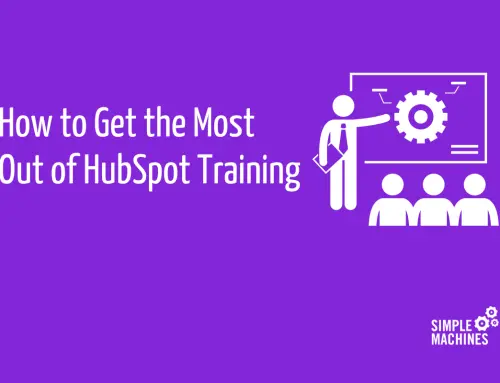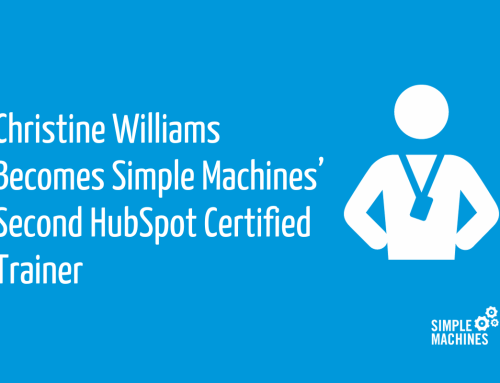Everyone’s heard it before: Whether your website is being used to increase sales, generate leads, or deliver information, professional and engaging content is crucial. It seems like an obvious point to make, but those who have visited their share of business websites can attest that a lot of them are tedious, sloppy, ambiguous, confusing – or some combination of the above.
So where are these sites going wrong? There are of course several ways that a business website’s content can fail to be effective, but below are some of the most common underlying problems.
1. There’s No Defined Purpose
First and foremost, your website should have a clearly defined goal or purpose – beyond “I’ve heard that my business should have a website, so now I have one.” The site can have multiple functions, but ultimately you want your visitors to convert by taking a specific action: buy a t-shirt, request a quote, download a brochure – whatever the case may be. Once that purpose has been established, each page of the site should serve a specific role in moving visitors toward a conversion. Furthermore, the conversion pages should include a call to action so that your visitors know what they’re supposed to do. This “path to conversion” framework should guide the direction of the site’s content and navigation.
2. There’s Too Much Copy
In this search-driven age, more and more companies are feeling the need to stuff their website with massive amounts of jargon-heavy copy in hopes of landing on the first page of Google results. Other businesses fall into the trap of over-explaining the intricacies of their services or including too many details about their business. Whatever the reason, deploying an excessive amount of copy isn’t beneficial for your website’s SEO – and it definitely isn’t helpful to visitors of your site. Unless you’re publishing a literary journal, your readers are probably not especially interested in diving into several paragraphs of dense messaging.
The most effective business websites use concise, digestible copy that gets right to the point. If there are nuances of your business that could be explained or discussed on a more in-depth level, that’s great material for a blog or a white paper – but it doesn’t belong on a landing page.
3. There’s Not Enough Copy
On the other end of the spectrum are the businesses that don’t provide enough information on their websites. Especially for service-oriented businesses, it’s critical to include enough messaging to establish your value proposition for potential customers. Before a visitor can be expected to convert, they need to be clear on what they’re getting – and why they should want it.
4. The Content Is Sloppy
In order to save money, many small businesses opt to take the DIY approach when it comes to writing web content. This isn’t an inherently bad idea, but the truth is that strong, effective business copywriting takes time – and I don’t know many small business owners who have a lot of extra time on their hands. When a website’s content is thrown together and includes grammatical errors, awkward wording, or poorly articulated concepts, it can make the business look unprofessional and careless. To avoid creating this poor impression, it’s often worth the relatively small expense to hire a professional copywriter who can help write and manage online content.
cnadler
Simple Machines Marketing











